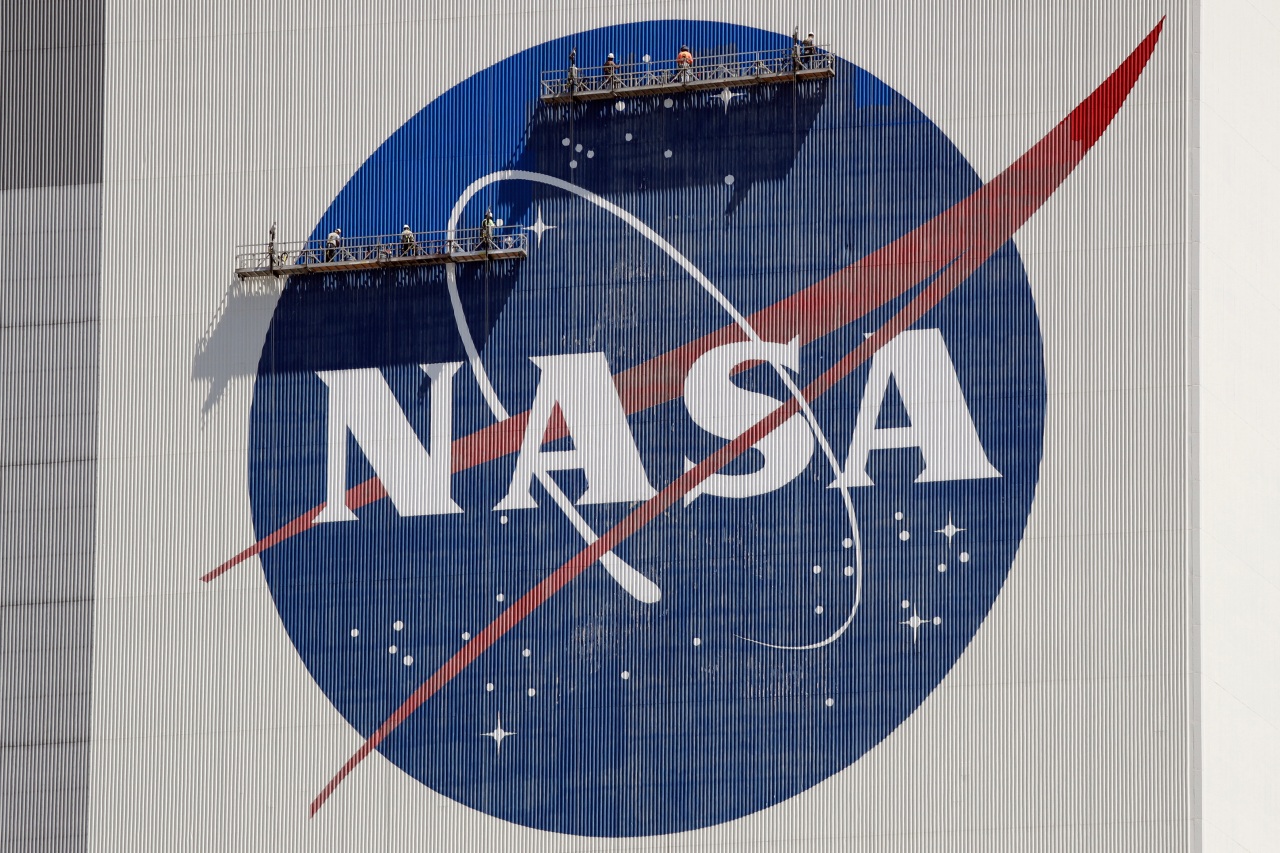- cross-posted to:
- science@lemmy.ml
- cross-posted to:
- science@lemmy.ml
This renewed interest in UFOs – excuse me, “UAPs” – is honestly pretty fascinating.
It’s clear that a nontrivial amount of UFO reports over the years have been “real” in the sense that there was really something there to be seen, but I’d figure most do have a completely mundane explanation – anything from prototype aircraft to weather balloons (har har.) Then there’s a few that seem to completely defy explanation, which is the fascinating part. Lately there’s been more official clips released, so it seems like it’s not quite as taboo of a subject and likely to kill your career as a pilot or whatever as it has been.

It’s a very interesting phenomena. I really don’t know what to think about it personally. But whatever it is we might soon have more scientific data on it thanks to the Galileo Project: https://projects.iq.harvard.edu/galileo/home
Oh interesting, I hadn’t heard of Galileo. Looks to be a more or less new project, but they’ve already got a bunch of publications out, and they’ve got some pretty ambitious goals, including building “new telescope systems to infer the nature of UAP” (from the Overview of the Galileo Project paper)

Yup. I love Avi Loeb because he’s one of the few well respected scientists that won’t straight up dismiss the possibility of something being of extraterrestrial or non-human origins. Which, IMO, is how science should handle cases like this. Leave all possibilities open until science points in a certain direction. I highly recommend listening to his appearances on the Event Horizon podcast: https://www.youtube.com/@EventHorizonShow/search?query=Avi Loeb

Interesting to see that they’re insisting on traditional academic journals instead of priority towards open access journals.
You’re referring to this bit from their ground rules?
The data or its analysis will be released through traditional, scientifically-accepted channels of publication, validated through the traditional peer-review process.
Personally I just read that as something along the lines of “we’ll be releasing through scientific journals as opposed to newspapers or tin foil hat zines” and didn’t take it as meaning they wouldn’t submit to open access journals

Yeah. I’m sure it due to incentives in that academia industry. Publish or perish means publish in journals with established credibility.
But it’s good that they don’t plan to release findings through news media.


